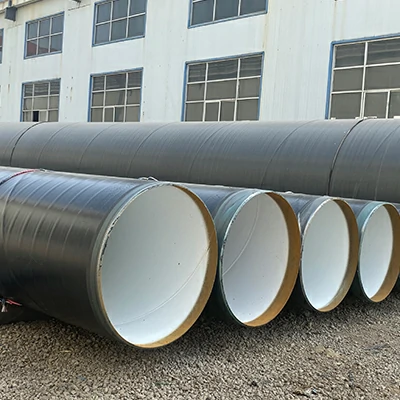Posted on March 7, 2024
What are the typical operating temperatures for Seamless steel pipe in industrial applications?
The typical operating temperatures for seamless steel pipes in industrial applications can vary depending on several factors, including the specific alloy composition, application, and environmental conditions. However, in general, seamless steel pipes are capable of withstanding a wide range of temperatures, making them suitable for various industrial processes.
Here are some common temperature ranges for seamless steel pipes in industrial applications:
- Low Temperature Applications: Seamless steel pipes can operate effectively at low temperatures, typically ranging from -20°C (-4°F) to -100°C (-148°F). These low-temperature applications may include cryogenic storage, refrigeration systems, and cold storage facilities.
- Moderate Temperature Applications: Seamless steel pipes are commonly used in moderate temperature applications, with operating temperatures ranging from 0°C (32°F) to 400°C (752°F). Examples of moderate temperature applications include heating systems, boiler tubes, and process piping in chemical plants.
- High Temperature Applications: Some seamless steel pipes are designed to withstand high temperatures, ranging from 400°C (752°F) to 1,000°C (1,832°F) or higher. These high-temperature applications may include steam piping, exhaust systems, and furnace components in industrial settings.
- Extreme Temperature Variations: Seamless steel pipes are also capable of handling extreme temperature variations, such as those encountered in thermal cycling or fluctuating process conditions. The ability of seamless steel pipes to expand and contract without failure makes them suitable for applications with temperature fluctuations.
- Specialized Applications: In certain specialized industrial applications, seamless steel pipes may be required to operate at even higher or lower temperatures, depending on specific process requirements. These applications may include aerospace, nuclear, or high-temperature chemical processing industries.
It’s essential to consider the material properties, including heat resistance and thermal conductivity, when selecting seamless steel pipes for industrial applications. Additionally, proper insulation, thermal management systems, and material selection play crucial roles in ensuring seamless steel pipes perform reliably and safely at various operating temperatures.


